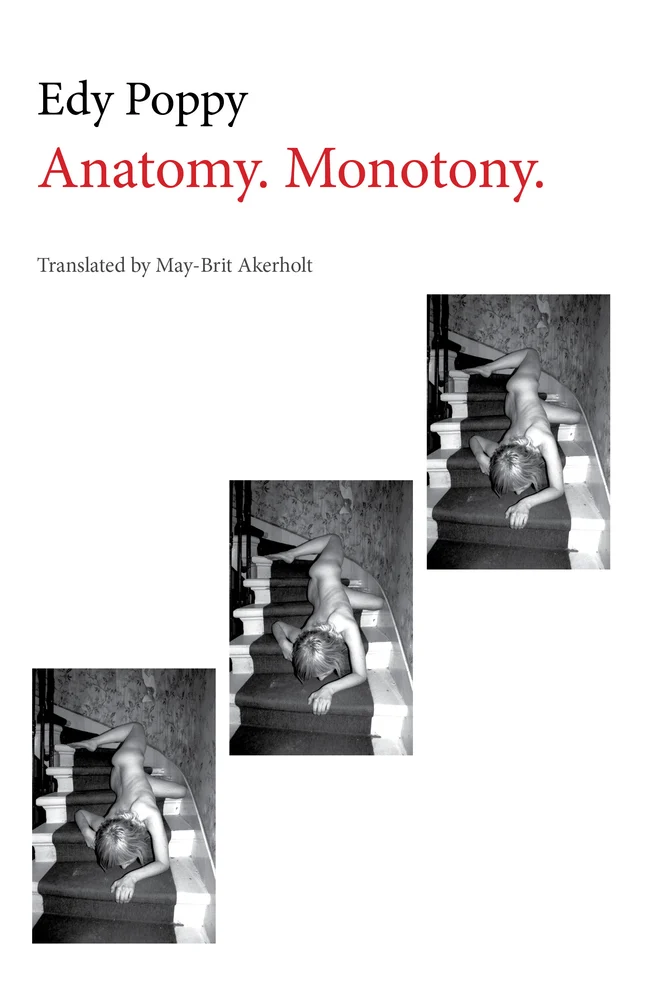Book by PAMELA ERENS
Reviewed by

It’s a brave choice for Pamela Erens to write her third novel about a birth. Shining the spotlight on two women—one in labor, the other her pregnant nurse—during this passage feels almost subversive. Birth is rarely the main event of a book—it’s something that happens to a character or an entry point. But what a gorgeous book this is, dramatically taut, emotionally wrenching, the prose crystalline. It satisfies the reader as an entire universe in the space of a few hours and a rocking story as well. Perhaps that’s the most surprising thing: this novel keeps you turning pages. We don’t tend to think of labor as driving, propulsive, and yet the story reads more like a thriller than anything I’ve recently read.
It’s also a deeply feminine book. Where many novels are concerned with a Hero’s Journey, complete with tasks and dragons and epiphanies, Eleven Hours is a poster child for The Heroine’s Journey. The birth in a hospital provides the time and place but, beyond that, there is web-like interconnectivity between Lore, who is having her child, and Franckline, the Haitian maternity nurse assigned to her. Though these women are so different, socio-economically and culturally, they share their experience of men and pain and transition. Their relationship accrues in a very female way as time goes on and Franckline helps Lore navigate the peaks and swoops and plateaus of her labor.
As Erens herself says in an interview with Jim Ruland for the Tin House Blog:
It’s really and truly about those eleven hours: a granular view of childbirth. But it’s also about everything that has happened to Lore and Franckline to make them experience those hours the way that they do. It’s about how our psychological histories collide with biological fact. And it’s about how childbirth is a metaphysical event as well as a physical one.
(I love the use of that word “granular,” as if the movie of this story should be shot in film, with its rich and tactile quality, rather than the chilly precision of digital media.)
Already in labor, thirty-one-year-old Lore arrives at the hospital alone. She doesn’t have a friend, lover or mate, but she does have a plan. A woman of her generation, she’s all about control and knows just how this life event will go—no fetal monitor, no IV, no epidural—because she’s written all of it down, complete with bullet points. You can almost hear Franckline’s skeptical “uh huh” as she reads; if there’s anything Franckline knows, it’s that shit has a way of happening, and “the great force within” has no intention of following a To Do list. And she’s right, of course.
The narrative through-line of the birth itself is told in one long gasp. Within that forward motion however, the two womens’ lives find their way in, pooling at times and hurtling at others. We learn that Asa is the baby’s father. He’s also the lover of Lore’s best friend, Julia, who first introduced him to Lore. This threesome is a prescription for disaster because Julia and Asa have been in love for years, and don’t intend to stop now. Julia only introduced her best friend to her lover in the first place because she decided her own relationship to Asa needed a change. Of course, Lore gets the short end of that stick. Furious and betrayed, she decides to raise the baby alone.
Franckline has also suffered. By the time “she was eleven or twelve she knew how to turn a breech baby. The villagers said she could bring life safely from there to here, from the womb to the world,” but she was also ostracized from her village for a teen pregnancy, and forced to leave home. Franckline has had multiple miscarriages because of a medical condition. Pregnant again, she too has decided to keep the truth from her man for now.
We learn these histories through Erens’ masterful shifting of points-of-view, sometimes in mid-scene. Though the two women actually share these personal details, they grow intimate through Franckline’s boundless compassion and tenderness as she guides Lore through her pain. I also felt a deeper mythic underpinning here as well. Lore wanders the hospital corridors from Maternity to Pulmonary to Cardiology and back, trying to distract herself from her pain. There is a sense here that gods tramp the halls, preying on us at our frailest, for sure. Franckline, steeped in the Haitian spirit world, sees Lore’s walkabout travels as a “lwa,” or “when girls and young men disappeared for days or even weeks, and would be found wandering miles from their villages, hair matted with sticks and mud, dried blood on their thighs, talking of mad experiences they had had with eagles, vultures, crows.”
The story becomes dangerous because of the things that could go wrong. And do. Lore’s labor goes south with a traumatic event that jeopardizes the lives of both mother and child. They survive but crucial questions are left unanswered. The ending seems defined by negative space, or what Erens chose not to include. By then, we badly want to know if the baby’s going to be brain damaged, but all we get is a visit from Franckline while Lore sleeps:
“It’s a girl,” Franckline says. “‘She’s doing all right. She’s in the intensive care unit, and she’s breathing and her lungs are strong. Her skin is a beautiful pink and she has the prettiest little ears. She should be off the ventilator tomorrow. They are going to test her brain, Lore, to see if everything’s all right. I know you’ve thought of everything. I know that you will know how to take care of this child no matter what.
We want Lore to wake up and hold her child, as much as we’d like a confrontation with Asa and Julia, who never show up.
What Erens gives us instead is a panoramic shot and then a slow rise above her protagonist in the hospital. She gives us Nathalie, a two-year-old patient who “dreams of strawberries and a basket of soft leaves, and a pink ball she lost last week that now rolls to her from a hidden corner.” She gives us the doctors on their break, “gods at the feast after the Games, but instead of the homage of slaughtered and freshly roasted animals, here is ground beef layered between ribbons of precooked semolina; instead of great bowls of wine, there is Dr. Lee’s astringent green tea.” She gives us another patient, seventy-seven-year-old Andrew Niccoli, who remembers seeing Lore:
A great Madonna in blue scrubs, her hand on her enormous belly. She’d wandered with her nurse into Pulmonary like a visitation from another planet. Why, he’d wondered as the young nurse pushed his wheelchair by—why keep me, when what I am passing now is the real thing, the true event: this swollen belly with the hand powerless to hold the great force in.
And then, like a bird, Erens gracefully dips down as if she wants to prolong this glorious journey just one moment more. Here then is Lore, deep in her Dilaudid-laced sleep: ”Wake up, wake up, she whispers to herself, but she cannot yet quite wake.”
Lisa Alexander‘s fiction has appeared, among other places, in Cimarron Review and won the UCLA James Kirkwood Award in Creative Writing.



